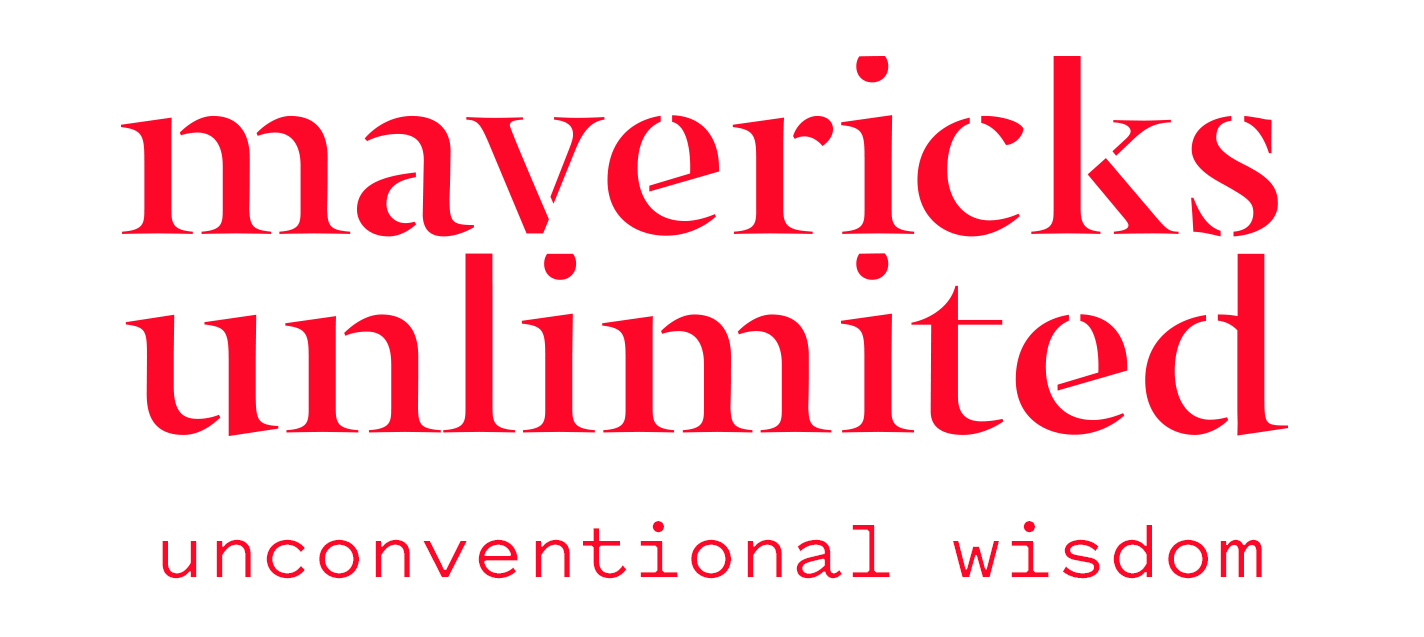4 Creative Strategies to Tame Your Inner Critic
"Don't bother; you'll never be good enough". " Why even bother? You are going to fail". "You're stupid. Why would anyone ever listen to you?".
Sound familiar?
You may have noticed that not everything you say to yourself in your head is positive, kind or even useful. Worse than that though, you probably find that you believe most of it.
That can actually have a massive impact on how you feel, your level of success and your self-confidence...all of which just reinforces what that negative voice is saying.
The thing is, that voice in your head isn't you; it is your inner critic. Call it your inner demon, your saboteur, your gremlin, whatever...it is not really you; it is a voice inside of you. Yes, that is right, you are hearing voices!
That makes you crazy, doesn't it? Well as crazy as the person next to you and the person next to them. You see, there isn't a single person on this planet who doesn't suffer from the negative voice of the inner critic. Literally, EVERYONE has one.
WHY DO WE HAVE ONE?
You might think that negative voice is the devil incarnate as it stops you from doing so much. However, it actually has played a crucial role in your life.
The short version is that your inner critic started to develop in your childhood to protect you - to keep you safe, secure and out of the harm's way. Essentially, it developed to keep you in your comfort zone.
Unfortunately, anything creative and inspired that you want to do in your life exists beyond your comfort zone. So you are automatically going to come to blows with your critic whenever your stretch yourself. Plus, you are an adult now and thus that level protection is no longer necessary.
BUT, if you can see your inner critic underneath it all has a positive intent, then you are one step closer to overcoming it. Accepting its intention, if not what it says, means that you are not resisting it...and what you resist persists...and grows stronger.
INTRODUCING THE RASCAL
As mentioned above, there are many different names for your inner critic. However, at MU we decided to call this voice the inner Rascal.
“Rascal - Middle English (in the senses ‘mob’ and ‘member of the rabble’): from Old French rascaille ‘rabble.’”
Many of us experience the voice of the inner critic in a harsh, severe and authoritarian voice. "You'll always be fat". "You're always going to make a fool of yourself."
We found calling it the Rascal changes the tone of voice entirely, and somehow we just can't take it quite so seriously. When we think of a Rascal, it is just funny. It takes away some of the power of the voice and laughter, especially as being able to laugh at yourself is one of the best cures for fear.
So, how can you overcome your Rascal, stop doubting yourself and move towards your goals and pursuits? Here are 4 strategies you can use:
1. RECOGNISE WHEN YOUR RASCAL IS TALKING
Most of us have become so conditioned to the negative voice of the Rascal that we just assume that it is our regular, run of the mill inner voice. More to the point, we don't question it and so tend to believe it. Tune in to when your Rascal is talking, what triggers it and what it tends to say. (CLUE: It will tend to say the same kinds of things...over and over again).
2. NAME IT AND CLAIM IT
To make your Rascal even easier to identify, give it a personality and a name. When your Rascal goes off, you might imagine something like a cartoon character (e.g. Sulley from Monsters Inc), a caricature or even a pet dog (e.g. a yappy Terrier, a barking Alsatian or an uppity Poodle). Then go one step further and name it!
For example, Julia Cameron, author of The Artists Way, calls her Rascal Norman, the Accountant. He is a grey-suited, boring and forever telling her to forget all this creativity nonsense and to be more sensible.
When you name your Rascal, you make it much easier to spot, and you realise that it is not you doing the criticising...so now you have the power! You might even change its voice...imagine being criticised by Donald Duck or Scooby Doo...not quite the same is it?!
3. LISTEN, THEN CHOOSE
Your Rascal does, underneath everything, have a positive intent, and its voice might actually be trying to alert you to something that you should take notice of. Don't just assume that your Rascal is ALWAYS bad.
So, when you can spot your Rascal at work, listen sceptically and ask yourself what warning your Rascal is trying to give you. You can then choose to follow the advice of your Rascal, or you may choose to ignore it and do something different. The point is that the choice is yours and YOU are in the driver's seat.
4. BE THE LEADER OF THE PACK
Think back to the notion of the Rascal being like a pet dog. You might even find that you have a pack of them. Like most pet dogs, they mean well but you have to show them who is the leader of the pack.
So you might tell your Rascal to "Sit!". You might send it out to the doghouse...or you might distract it with a ball or a bone by giving it something else to worry about. Or, if your Rascal is a bratty child, you might send it to the naughty step! The limit of what you can do is your imagination.
Getting to know and tame your Rascal takes time and practice, but in the end, you may just turn your most prominent opponent into your greatest supporter. When all the parts of you are pulling in the same direction, the sky really is the limit.

